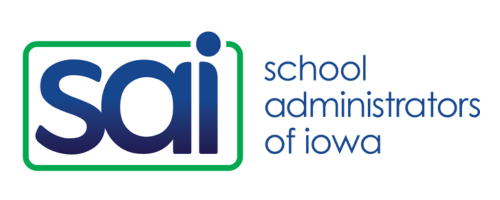Working with Educators Who Are Resistant to Change
Use these seven questions to guide your leadership when working with educators who prefer not to change. (Reprinted with permission from Kim Marshall, Marshall Memo #973, Feb. 13, 2023)
In this Read by Example article, Wisconsin principal/author Matt Renwick lists seven questions that school leaders and instructional coaches might ask themselves as they work with colleagues who seem resistant to improving their practice:
-
- Do I know them as a person? “We are in the people business,” says Renwick. “That means relational trust is paramount.” He likes Heather Fisher’s idea of taking a staff list and writing by each name one thing you know about the person’s life outside school – for example, a non-educational hobby, what their grown children are doing. “These nuggets of knowledge serve as talking points during informal conversations,” says Renwick. “They feel noticed and you come across as more humane and caring.”
- Do I show curiosity? Too often, says Renwick, we make assumptions based on previous conversations and events. “Believing I always have more to learn,” he says, “demonstrated through genuine questions and requests for clarification, avoids creating more problems.”
- Have I recognized this person’s strengths and successes? “If the first communication I have with an educator is about how they could improve,” says Renwick, “what I am also potentially communicating is, ‘You are someone who needs improvement,’ or ‘You need my support to be successful’ It should not be surprising when resistance arises.” It’s wise to recognize strong points, especially if they align to a new initiative.
- Is my feedback a reasonable next step? A suggestion that is beyond a colleague’s current capabilities is not helpful. Better to look for smaller actions that are do-able and can be built on over time.
- Is the school’s vision and instructional rationale clear? Beyond higher test scores, do colleagues understand aspirational goals such as students becoming independent readers, writers, and communicators?
- Does what I do align with what I say? For example, a principal talks a lot about the value of students being readers and writers; does the school’s budget support classroom libraries, and is student writing a priority in the schedule?
- Do staff members have input on important schoolwide decisions? An instructional leadership team is a helpful forum in which colleagues can make their voices heard, drawing on current data, research, and the school’s priorities. One hundred percent buy-in won’t happen, says Renwick, but dissenters can be encouraged to join the team and share their views.
“7 Questions I Ask Myself When Working with Educators Resistant to Change” by Matt Renwick in Read by Example, February 11, 2023; Renwick can be reached at renwickme@gmail.com.
